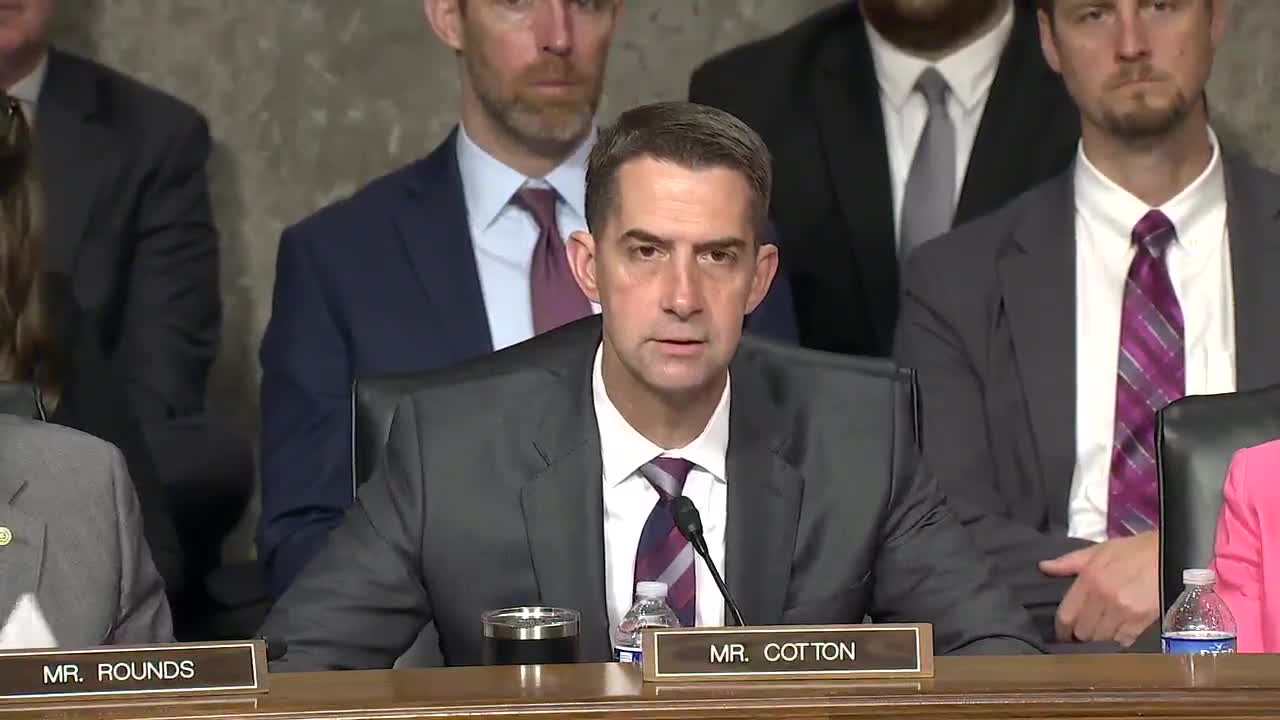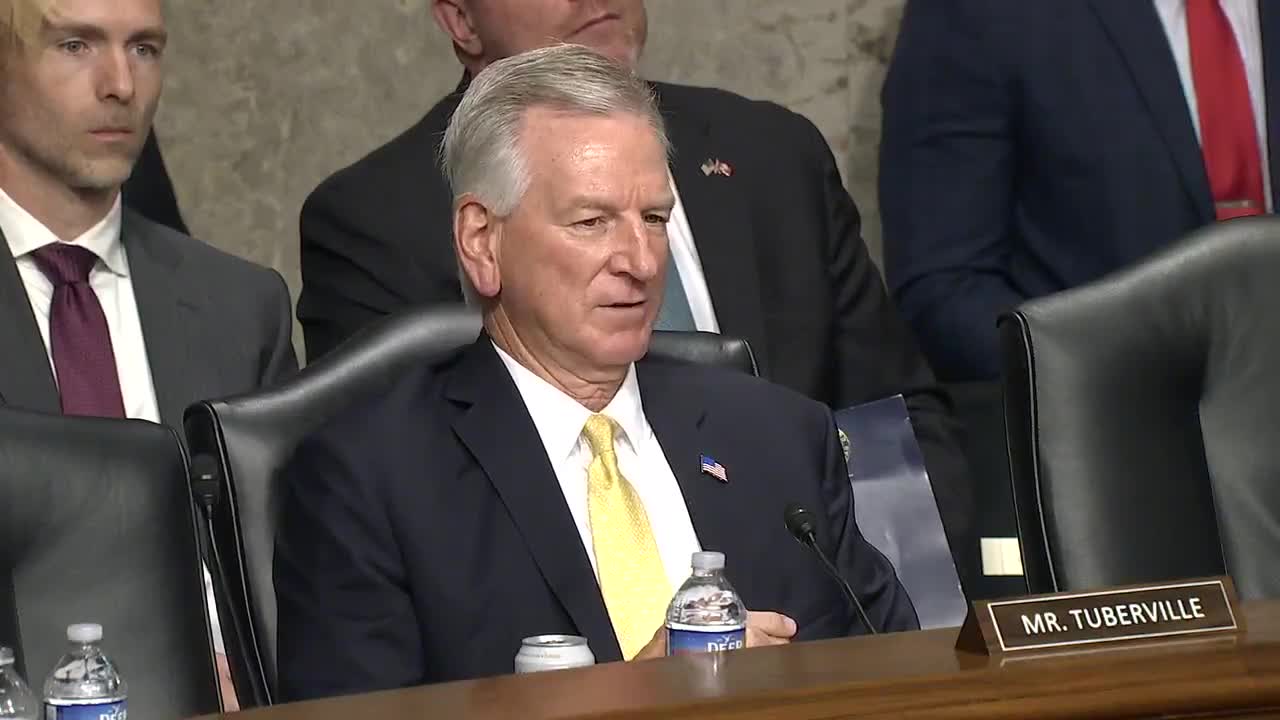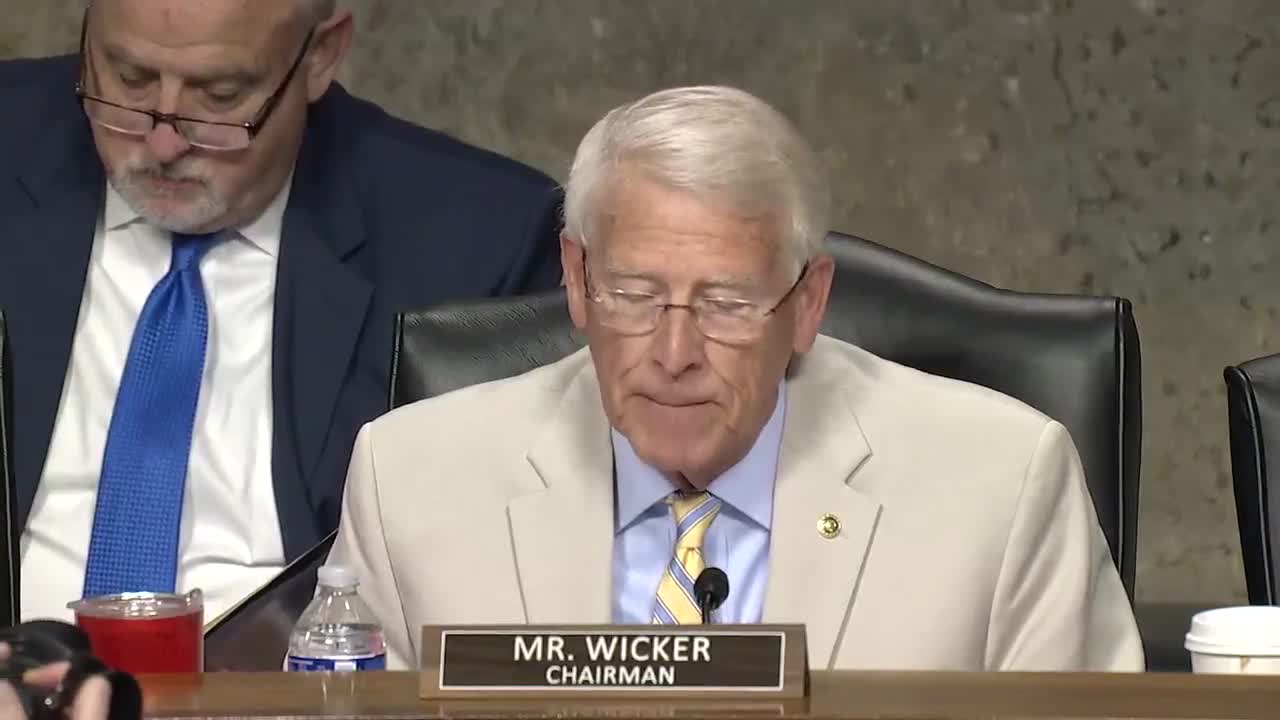Article not found
This article is no longer available. But don't worry—we've gathered other articles that discuss the same topic.

Senators and nominees highlight munitions shortfalls, drone proliferation and intelligence gaps

Senate Armed Services Committee hears testimony from nominees to lead CENTCOM and EUCOM

Committee examines Houthi attacks, Bab al‑Mandeb and risks to shipping in the Red Sea and Strait of Hormuz

